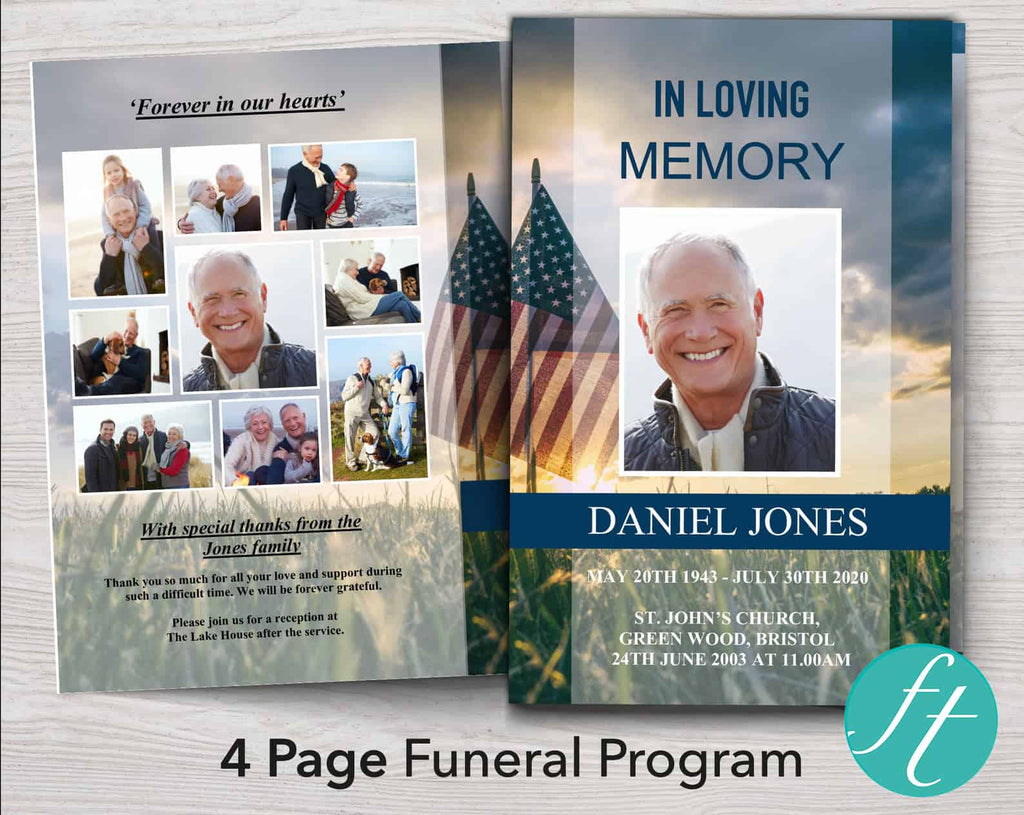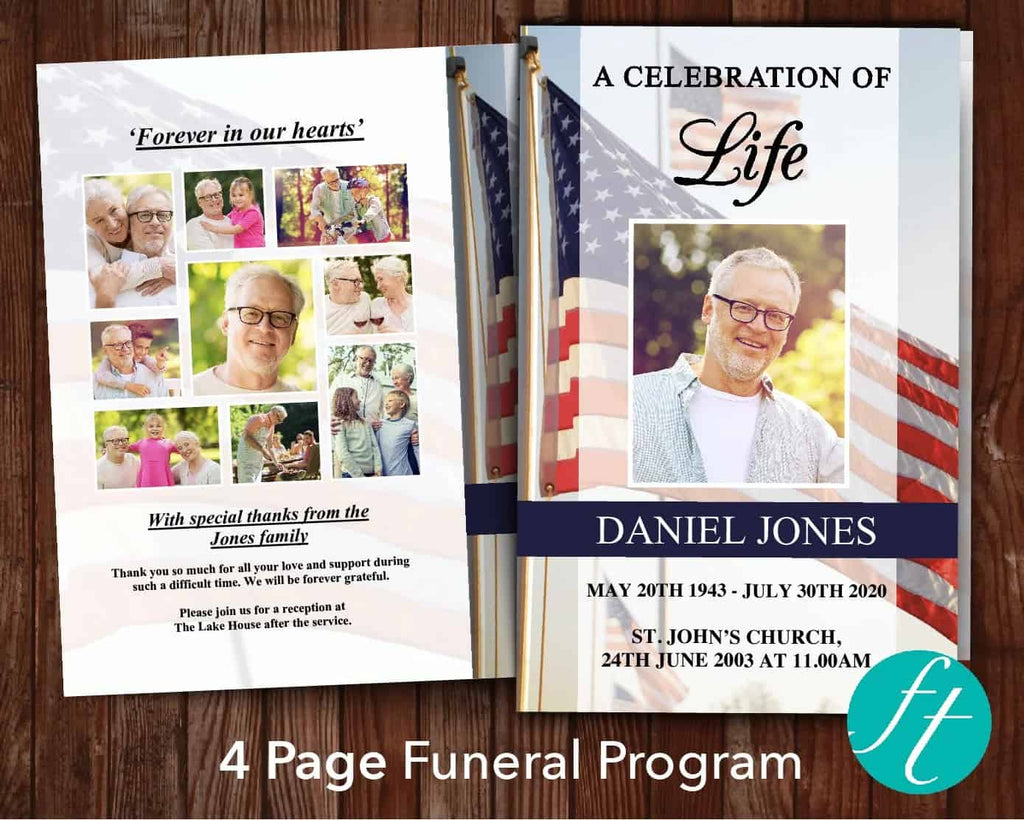Understanding Funeral Service Costs
When you are faced with the task of organizing a funeral, understanding the associated costs is crucial. Funeral service costs can vary greatly, and being prepared can help you manage them during this challenging time.
The Basics of Funeral Expenses
The basics of funeral expenses include several components: the professional service fees, costs for a casket and embalming, and various other charges that can accumulate quickly. The median cost for a basic funeral service, including a casket, embalming, professional fees, and the transfer of remains, was approximately $7,500 in 2017, as reported by the National Funeral Directors Association.
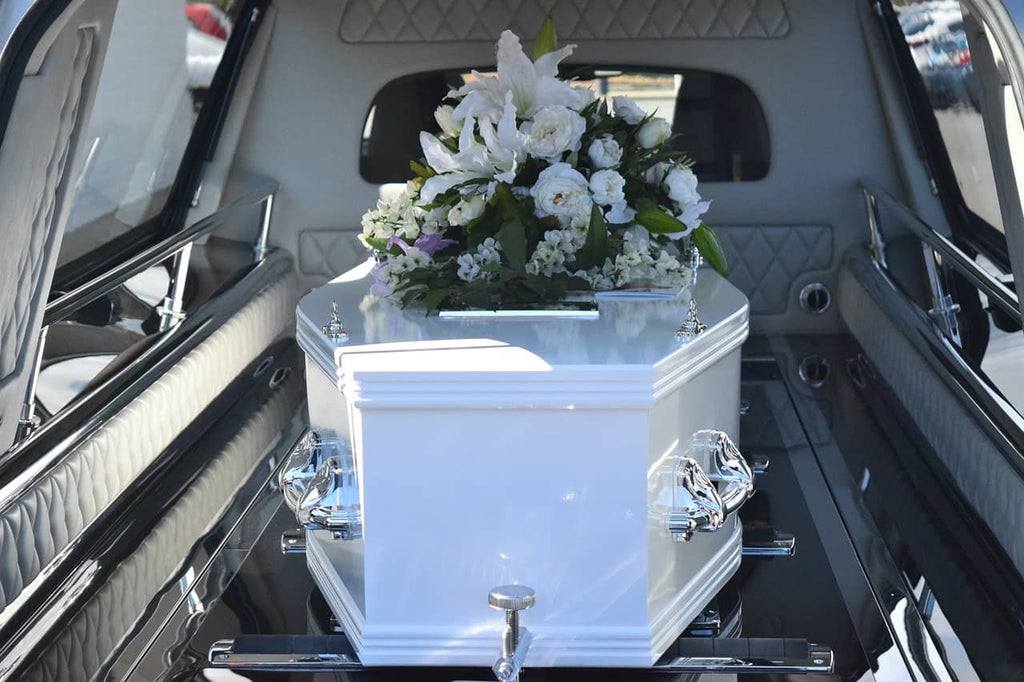
Here is a basic breakdown of funeral expenses you might expect:
- Professional service fees
- Casket
- Embalming
- Funeral service
- Transfer of remains
You can refer to our funeral preparation checklist for further details on what these services entail and tips for managing them.
Variations by Location and Service
The funeral cost can vary significantly depending on where you live and the services you select. On average, in the United States, you may spend between $7,000 and $12,000 for a funeral, with the variation influenced by location and the specific services chosen.
Some of the factors that can affect the overall cost include:
- The city or region where the services are provided
- The choice between burial and cremation
- The selection of a casket or urn
- The type of service, such as a traditional funeral versus a direct burial or cremation

To better understand these variations and to make more informed decisions about funeral home services, you may want to review our funeral planning guide, which can offer valuable insights and assistance.
It is also helpful to consider funeral pre-planning to gain a clearer understanding of the costs involved and to make arrangements that align with your budget and preferences. Pre-planning can offer peace of mind and financial benefits, ensuring that your loved one's final farewell is both dignified and affordable.
Breaking Down the Average Costs
Navigating funeral service costs can be overwhelming, especially during a time of loss. Understanding the financial aspects of funeral services can help you make informed decisions that honor your loved one without undue financial burden.
Traditional Funeral Expenses
A traditional funeral includes a range of services and products, and the costs can quickly accumulate. On average, you may expect to spend between $7,000 and $12,000 for a traditional funeral in the United States. This typically encompasses the basic services of a funeral director, a casket, embalming, a funeral service, and a burial plot with a headstone. Here's a simplified breakdown of these expenses:
| Service | Average Cost (USD) |
| Funeral Director's Services | 2,000 - 2,500 |
| Casket | 2,000 - 4,000 |
| Embalming | 500 - 700 |
| Funeral Service | 500 - 1,000 |
| Burial Plot | 1,000 - 2,000 |
| Headstone | 1,000 - 3,000 |
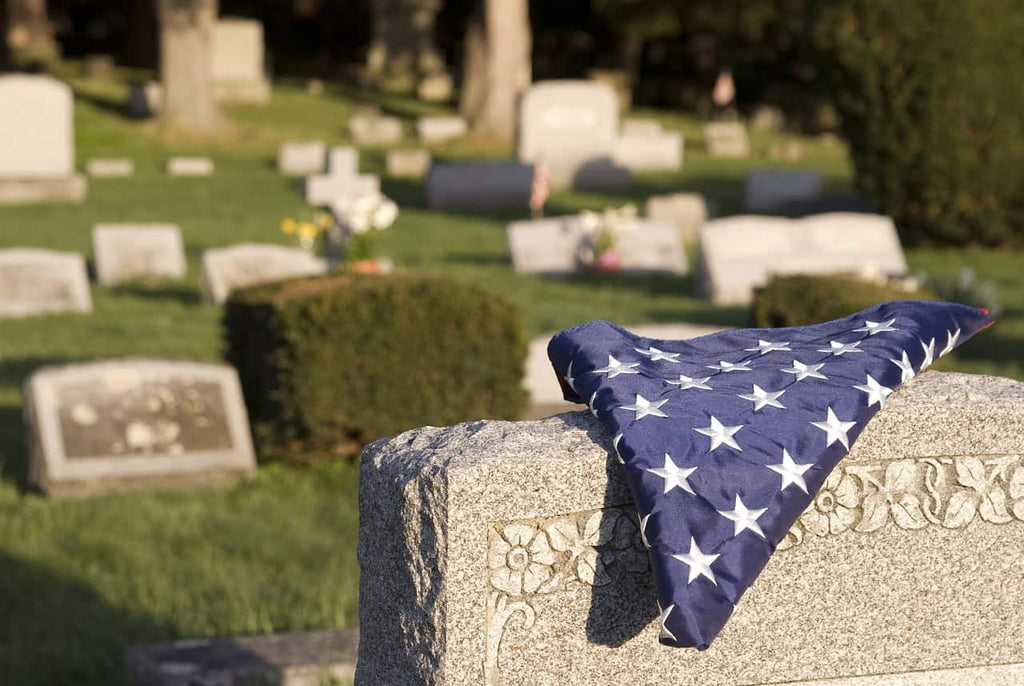
The above costs can vary based on location and the funeral home services you select. For more detailed insights, refer to our funeral preparation checklist.
Cremation as a Cost-Effective Alternative
For those seeking a more affordable option, cremation presents a cost-effective alternative to traditional burial. With average costs ranging between $3,000 and $5,000, cremation can significantly reduce funeral expenses. This option eliminates the need for a casket, burial plot, and headstone, which are some of the most substantial costs associated with traditional funerals. You can find a comprehensive breakdown of cremation costs in our funeral planning guide.
Green Burial Savings
Green burials are an environmentally friendly and cost-saving option that is gaining popularity. With an average cost of around $2,000 to $4,000, green burials avoid the use of chemical preservatives such as embalming fluids and often forgo traditional caskets for biodegradable alternatives. This choice not only reflects a commitment to ecological sustainability but also provides significant savings compared to conventional burial methods.
By carefully considering the type of funeral service and the associated costs, you can honor your loved one's memory in a way that aligns with your financial situation and personal values. Whether you opt for a traditional funeral, cremation, or green burial, being well-informed will help you navigate this challenging process with confidence and ease.
Itemized Funeral Service Expenses

When planning a funeral, understanding the individual expenses involved can help you make informed decisions. Here, we'll break down the typical costs associated with funeral services so you can navigate this difficult process with a clearer financial perspective.
Professional Service Fees
The professional service fee is a basic charge that covers the funeral provider's services with average costs ranging between $2,000 and $4,000. This fee generally includes planning the funeral, securing necessary permits, preparing the notices, sheltering the remains, and coordinating the arrangements. It's important to note that this fee does not include charges for special services like embalming, transportation, or the use of the funeral facilities for viewings or ceremonies.
Please consult the funeral home services page for a detailed breakdown of what these fees may include.
Casket and Embalming Charges
The casket is often one of the most significant expenses. Prices vary widely based on the material, design, and features. For instance, a simple, no-frills casket can be found for around $1,000, while high-end models can exceed $15,000. Embalming, which is a common practice in traditional funerals to preserve the body, typically ranges from $500 to $1,200. While embalming may be necessary if you choose a viewing, it's not mandatory by law, so you may opt out if it aligns with your preferences and needs.
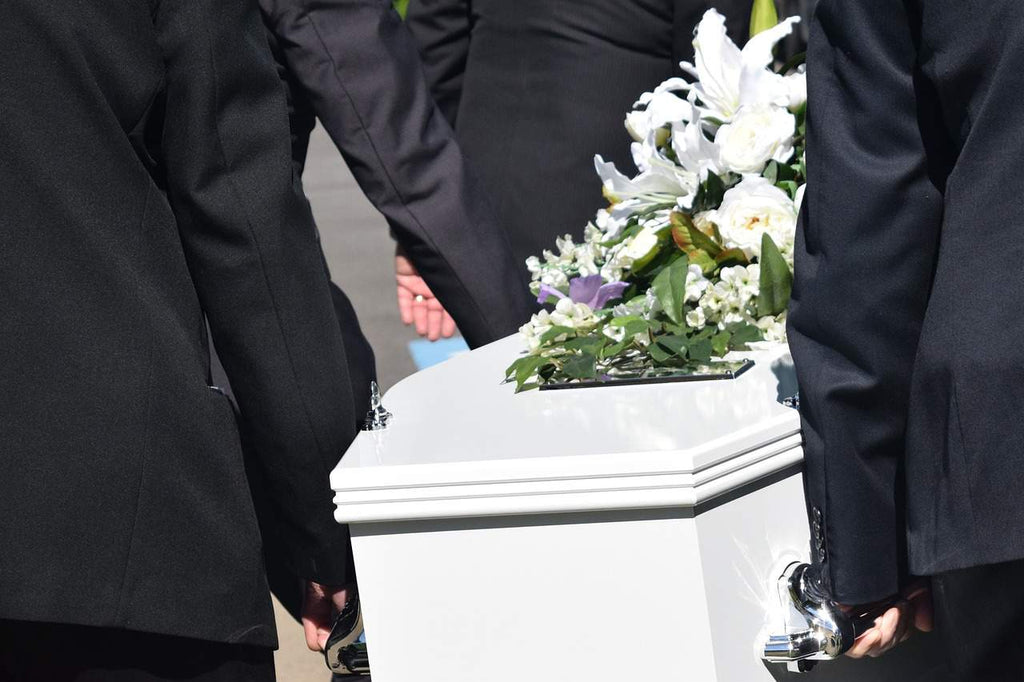
For more information, visit the funeral preparation checklist to help guide you through the selection process.
Additional Funeral Service Items
There are various other items that you may need to consider when planning a funeral. These can include a burial vault or grave liner, which is often required by cemeteries to prevent the ground from caving in. Other costs can include fees for the funeral service itself, transportation of the body, floral arrangements, and printed materials like programs or prayer cards.
| Item | Average Cost (USD) |
| Burial Vault/Grave Liner | 700 - 1,000 |
| Transportation | 300 - 500 |
| Floral Arrangements | 200 - 800 |
| Printed Materials | 150 - 300 |
Keep in mind that these costs can vary greatly depending on personal choices and local market rates. To manage these expenses effectively, consider funeral pre-planning and reviewing a comprehensive funeral planning guide to explore your options and make decisions that align with both your budget and your loved one's wishes.
Remember, you have the right to choose only the services and goods that you find necessary. As you prepare to honor your loved one, take the time to understand the costs involved and explore all available options to ensure a meaningful and affordable farewell.
Options to Manage Costs
Dealing with the loss of a loved one is challenging, and the financial aspects of planning a funeral can add to that stress. It's important to approach funeral service costs with a strategy that balances honoring your loved one with financial prudence. Here are some options that can help manage funeral expenses.

Choosing Only Necessary Services
The Federal Trade Commission's Funeral Rule grants you the right to select and pay for only the goods and services you deem necessary when making funeral arrangements. You don't have to accept a package that includes items you don't want. Funeral homes are required to provide an itemized price list, which allows you to compare costs and make decisions based on your needs and budget. Start by creating a funeral preparation checklist to determine which services are essential for you.
When considering funeral home services, think about what elements of the service are most important. Sometimes, opting for a memorial service at home or another meaningful location can be more economical than a service at a funeral home.
Pre-Planning and Funeral Insurance
Planning ahead for funeral expenses can provide peace of mind and alleviate the financial burden on your loved ones. Funeral insurance or pre-paid funeral plans are ways to prepare for these costs. By funeral pre-planning, you can lock in current prices for services and merchandise, which can be beneficial considering the rising costs associated with funerals. Funeral insurance can also help cover the costs of a funeral and ensure that everything is arranged according to your wishes.
Assistance for Veterans

If your loved one served in the military, they might be eligible for certain benefits that can help offset funeral service costs. All US veterans qualify for a free burial and grave marker in a national cemetery, and their spouses and dependent children may also be eligible. While many states have their own veterans' cemeteries that may charge fees for spouses or for opening and closing the plot, these costs can still represent a significant saving compared to traditional funeral expenses.
By understanding your options and rights, such as those provided by the Funeral Rule, pre-planning arrangements, and exploring benefits for veterans, you can make informed decisions that honor your loved one while also being financially responsible. Remember, it’s about celebrating a life lived and doing so in a way that you are comfortable with, both emotionally and financially.
Hidden Costs to Anticipate
When planning a funeral, it's crucial to be aware of all potential costs involved to avoid any unexpected financial burdens during this difficult time. While you may have an idea of the basic expenses, there are often additional, lesser-known costs that can significantly impact your budget.
Cemetery and Grave Marker Fees
The cost of purchasing a final resting spot, such as a cemetery plot, lawn crypt, or mausoleum chamber, is not typically included in the median cost of a funeral. These expenses can vary widely depending on the location, type of plot, and whether the purchase is made in advance or at the time of need. Most grave plot charges are not negotiable, so it's advisable to review cemetery competitors quickly before making a final decision.
In addition to the plot itself, another cost to consider is the grave marker or headstone. The price for these can range from modest to quite substantial, depending on the materials used and the complexity of the design.
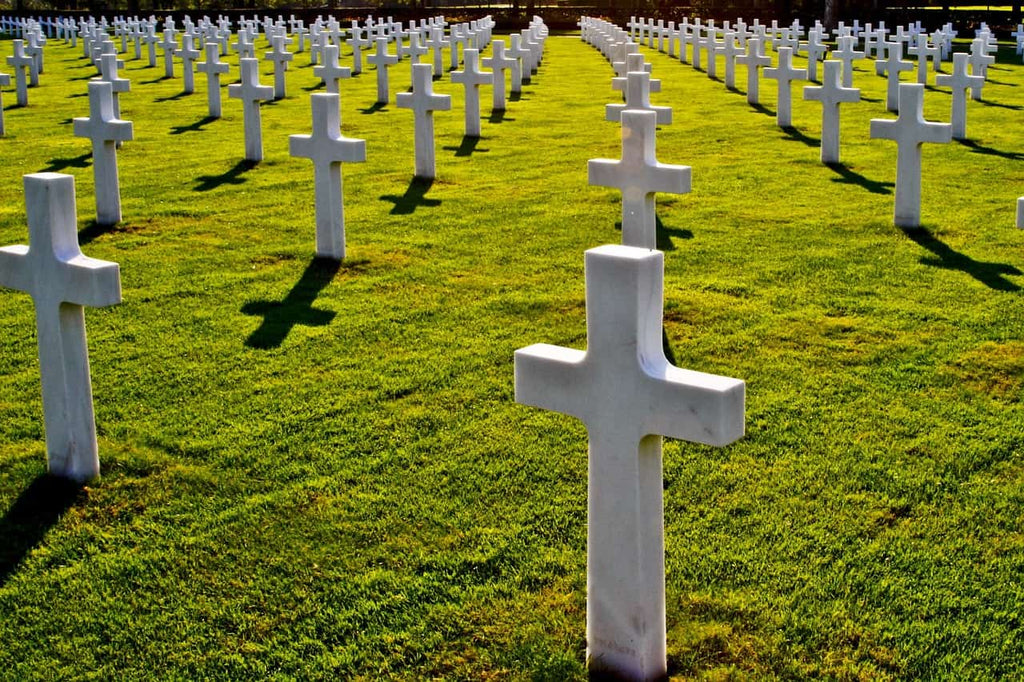
For veterans and their families, it's important to know that all veterans are eligible for a free burial and grave marker in a national cemetery. Spouses and dependent children may also qualify for a free burial plot and marker in a national cemetery. However, be aware that many state veterans' cemeteries may charge fees for an adjoining plot for a spouse or for opening and closing each plot. For more on veteran benefits and funeral planning, consult our funeral planning guide.
Miscellaneous and Unexpected Fees
In addition to cemetery costs, there are other miscellaneous fees that you should anticipate. These can include but are not limited to:
- Transportation for the deceased and the family ( $300 - $1,500)
- Floral arrangements ( $100 - $800)
- Obituary notices in newspapers or online ( $50 - $600)
- Fees for the funeral home's services beyond the basic package
Each of these items can add several hundred to several thousand dollars to the total funeral expenses. It's essential to include these potential costs in your budget when funeral pre-planning or making arrangements after a loved one has passed.
It's important to request a detailed price list from the funeral provider and to ask questions about any charges that are unclear. You may also want to use a funeral preparation checklist to ensure that all potential costs are accounted for.
Understanding and preparing for these hidden costs can help alleviate some of the stress associated with funeral planning. By being well-informed and considering all expenses, you can honor your loved one without the added pressure of unexpected financial surprises.
Making Informed Decisions
When faced with the task of arranging a funeral service, making informed decisions can help you honor your loved one without undue financial strain. Understanding your rights, comparing costs, and considering the final resting place are all crucial steps in this process.

Understanding the Funeral Rule
The Federal Trade Commission's Funeral Rule is a significant regulation that protects your rights during the funeral planning process. Under the Funeral Rule, you are entitled to choose and pay only for the goods and services you want or need when making funeral arrangements. Funeral homes are mandated to provide an itemized price list for their offerings, which allows you to make cost comparisons among different providers.
It's important to note that the Funeral Rule generally does not apply to cemeteries and mausoleums, and state laws typically regulate these facilities. Understanding the Funeral Rule empowers you to make choices that align with your preferences and budget. For more guidance, consider our funeral planning guide.
Comparing Funeral Home Prices
Comparing prices among funeral homes can help you find a service package that fits your financial situation. Funeral homes are required to give you a written price list upon request, making it easier to compare costs for various services and items. This transparency ensures you're not paying for services you don't want or need. Utilize resources such as our funeral home services page to assist you in evaluating options. Remember to check for any additional fees that might not be included in the initial quotes and consider these when making your decision.
Considering the Final Resting Place
The choice of a final resting place is a significant factor in the overall cost of funeral services. Most grave plot charges are fixed, and it's advisable to explore cemetery competitors before making a final decision. Additionally, all veterans are eligible for a complimentary burial and grave marker in a national cemetery, which may be an important consideration if your loved one served in the armed forces. However, accompanying plots for spouses or dependents may incur fees, even in state veterans' cemeteries.
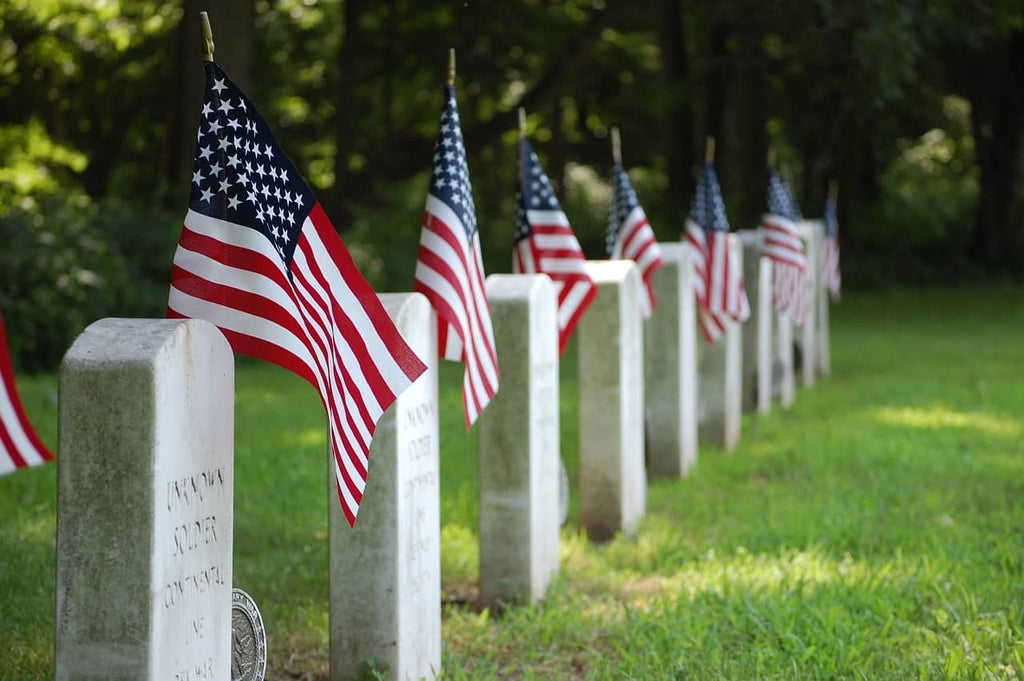
To ensure you're making the best choice for your family, review options such as traditional burial, cremation, or green burial, and consider the costs and benefits of each. For assistance with these decisions, refer to our funeral preparation checklist.
Making informed decisions during funeral preparations can help ease the financial burden and allow you to focus on celebrating the life of your loved one. By leveraging your rights under the Funeral Rule, comparing prices among funeral homes, and carefully selecting a final resting place, you can manage funeral service costs more effectively. If pre-planning is an option, explore our resources on funeral pre-planning to prepare for future needs.





